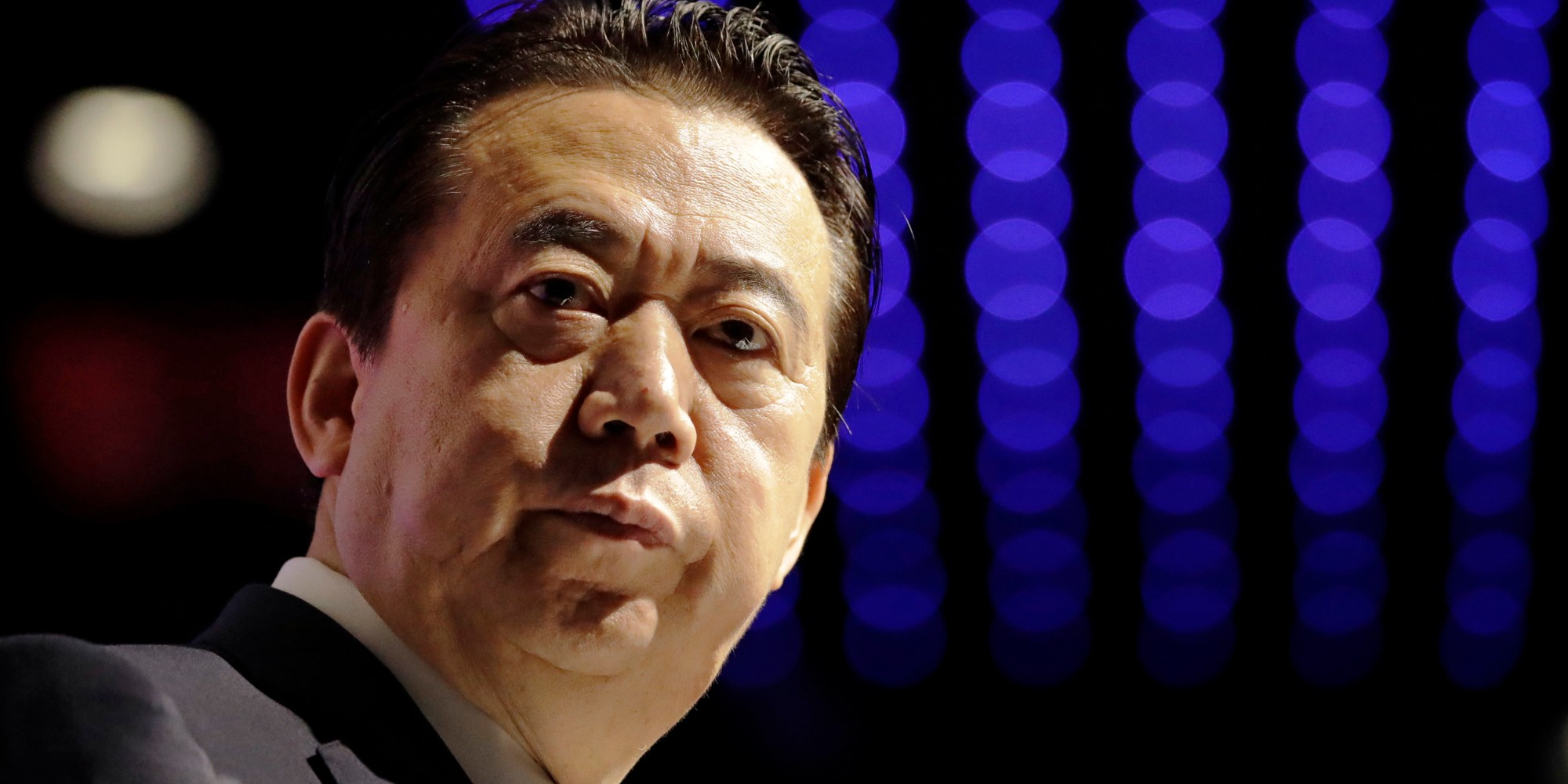- Interpol will elect a new president this Wednesday.
- The snap election comes after China detained its old president, Meng Hongwei, over unspecified bribery allegations, and Interpol accepted an unsigned resignation letter.
- The frontrunner is Alexander Prokopchuk, a veteran of the Russian interior ministry.
- His election would be a great win for the Kremlin, which has been trying to issue international arrest warrants for President Vladimir Putin’s enemies in the past.
- Meng’s whereabouts are still not known, and his wife thinks he might be dead. Interpol says it can’t investigate it.
Interpol is set to elect a new president this Wednesday after China unexpectedly detained its old one about two months ago. Alexander Prokopchuk, a Russian national, is expected to win in what would be a major victory for Russian President Vladimir Putin.
Delegates from the international police organization’s 192 member states gathered in Dubai this week to select a new president after the disappearance of Meng Hongwei, a Chinese national who was elected to Interpol’s presidency in 2016. His term was due to end in 2020.
There are currently two confirmed candidates for the presidency, according to The Times of London: Prokopchuk, a veteran of Russia’s interior ministry, and Kim Jong Yang, the South Korean acting head of Interpol. South Africa is reportedly also nominating a candidate.

Interpol says it can't investigate president's disappearance
Meng went missing after traveling to China on September 29. Beijing broke its silence over the matter more than a week later, saying it had detained him and was investigating him over bribery allegations.
Details of the allegations are not clear. Meng's wife, Grace, has denied the corruption charges and claimed that her husband's disappearance was "political persecution."
That same day Interpol said it received Meng's resignation - without specifying the source - and accepted it "with immediate effect."
The letter was unsigned and had no evidence of Meng's consent, the Associated Press, citing Meng's representatives.
Read more: China detained the vanished president of Interpol one month ago - and his wife fears he's dead
Jürgen Stock, Interpol's secretary-general, has said that the agency's rules didn't allow it to investigate Meng's investigation.
He said earlier this month that "there was no reason for me to (suspect) that anything was forced or wrong" about the resignation, and that "we are strongly encouraging China" to provide details of Meng's whereabouts.
"We are not an investigative body," Stock said at the time, according to the Associated Press.
Meng's wife, Grace, told the BBC last month: "I'm not sure he's alive. They are cruel. They are dirty," she added, referring to China's tactics to silence people.
She said the last message she received from her husband, on September 25, was a knife emoji - suggesting that he was in danger.

Meng has retained two law firms in London and Paris to track down her husband. A spokesman for one of her firms, Marsigny Avocats, told Business Insider earlier this month that Meng was still awaiting news from her husband, and that Interpol and China had yet to reply to the lawyers' questions. What they asked is not clear.
The reported frontrunner would be a win for the Kremlin
Prokupchuk (pictured above) is expected to be elected as the Interpol president, The Times of London reported, citing British officials. The 56-year-old used to work for Russia's interior ministry.
His appointment would be a huge boon or the Kremlin, which has repeatedly tried to issue international arrest warrants - also known as red notices - for Putin's critics.
On Monday, Russian prosecutors charged British financier Bill Browder, one of Putin's fiercest critics, with global fraud, Financial Times Moscow correspondent Max Seddon reported. They did not provide evidence of the arrest.
Moscow has issued at least six requests to Interpol to arrest and extradite Browder in the past, the dissident said, but the agency has routinely ignored those requests.
Prokupchuk could reinvigorate the Russian arrest warrants, as he "was the person in the Russian interior ministry who was responsible for concocting many of these fabricated red notice requests when he was a Russian government official," The Times quoted former UK Foreign Office special adviser David Clark as saying.

Activists also protested Meng's election to the Interpol presidency at the time, citing his previous work at China's ministry of public security in Xinjiang and Tibet.
The two regions are home to the country's Uighur and Tibetan ethnic minorities, who Beijing has attempted to muzzle.

